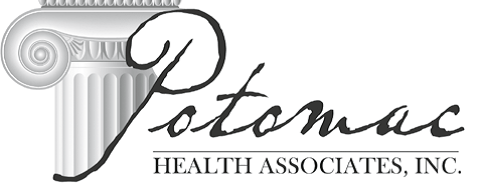(Reprinted from November 2, 2009 issue of HealthLeaders Media)
President Obama recently promised that his plans for healthcare reform would include cracking down on fraud. Even before such plans were announced, a recent HealthLeaders Media article noted that state Medicaid Fraud Control Units recovered $1.3 billion in court-ordered restitution, fines, civil settlements, and penalties for fiscal year 2008.
Another provision of the new regulations for federal contractors requires most contractors, within 90 days after contract award, to have an “ongoing” business ethics awareness and compliance program that includes specific training; and to establish an “Internal Control System” with standards and procedures to enable timely discovery of “improper conduct.”
If your organization holds a federal healthcare contract, recent changes in federal regulations have tightened up ethics requirements. For example, a government contractor with a healthcare contract over $5 million is now required, within 30 days after contract award, to have a written Code of Business Ethics and Conduct, and to make a copy of this Code available to each employee engaged in performance of the contract. In addition, even if you don’t actually hold a contract, per se, but simply bill for Medicaid and Medicare as a participating provider, all signs point to increased scrutiny of company ethics plans and practices.
The price for relaxed vigilance can be steep. The government’s arsenal in combating false billings and other mischarging includes both the criminal and civil False Claims Acts, the False Statements Act, and the Program Fraud Civil Remedies Act, among others. The recent settlement by Pfizer of a $2.3 billion dollar lawsuit is just the latest example of the danger posed by “whistleblower” suits to healthcare companies who let down their guard when it comes to ethics.
The best defense against a whistleblower suit or government inquiry is, of course, a strong offense. Strong internal controls and layers of auditing and oversight make it much more likely that a potential problem can be avoided or caught early enough to take corrective action and avoid major repercussions. Moreover, a company with a solid ethics program that includes clear policies, controls, and training will be in a much stronger position in case an allegation of financial wrongdoing is asserted; the existence and adequacy of a company’s ethics program and training are among the first things that government investigators review when allegations of ethical improprieties arise.
These programs and procedures are the first step in trying to avoid a situation in which your company is accused of false billings or other false claims. If, however, such a charge is made, either in a call to a company fraud hotline or by the U.S. Department of Justice, the vast majority of companies elect to launch an intensive internal investigation. Especially if events have reached the point where a federal prosecutor or investigator is involved, a credible, thorough internal investigation is a key part of a company’s cooperation with the government to determine the veracity of an allegation, which employees knew of or engaged in the alleged conduct, and the extent of any damages incurred by the government.
Because such investigations are costly, as is the requisite follow-up and negotiations with the government, companies are advised to invest the time and resources to reduce the chance of an allegation arising in the first place. While high profile cases like the recent Pfizer settlement and the convictions last year that emerged following the bankruptcy of National Century Financial Enterprises came about as a result of intentionally fraudulent activities, the healthcare industry is characterized by such complex billing protocols that an organization can easily run afoul of legal requirements inadvertently.
The current economic slowdown may be a good time to take stock of your current ethics programs and procedures. In addition to the economic slowdown, we are also in the “lull before the storm” of healthcare reform. While we clearly don’t know exactly what those reforms will be as of today, whatever reforms are eventually enacted will undoubtedly rely heavily on achieving cost savings from administrative efficiencies as well as cracking down aggressively on fraud and abuse.
While the focus will remain on organizations that intentionally and knowingly perpetrate fraudulent activities, the financial pressure to pay for expanded benefits will likely result in increased attention on all providers. So if you don’t have an existing Code of Business Ethics at the present time, it’s probably time to begin thinking about it.
